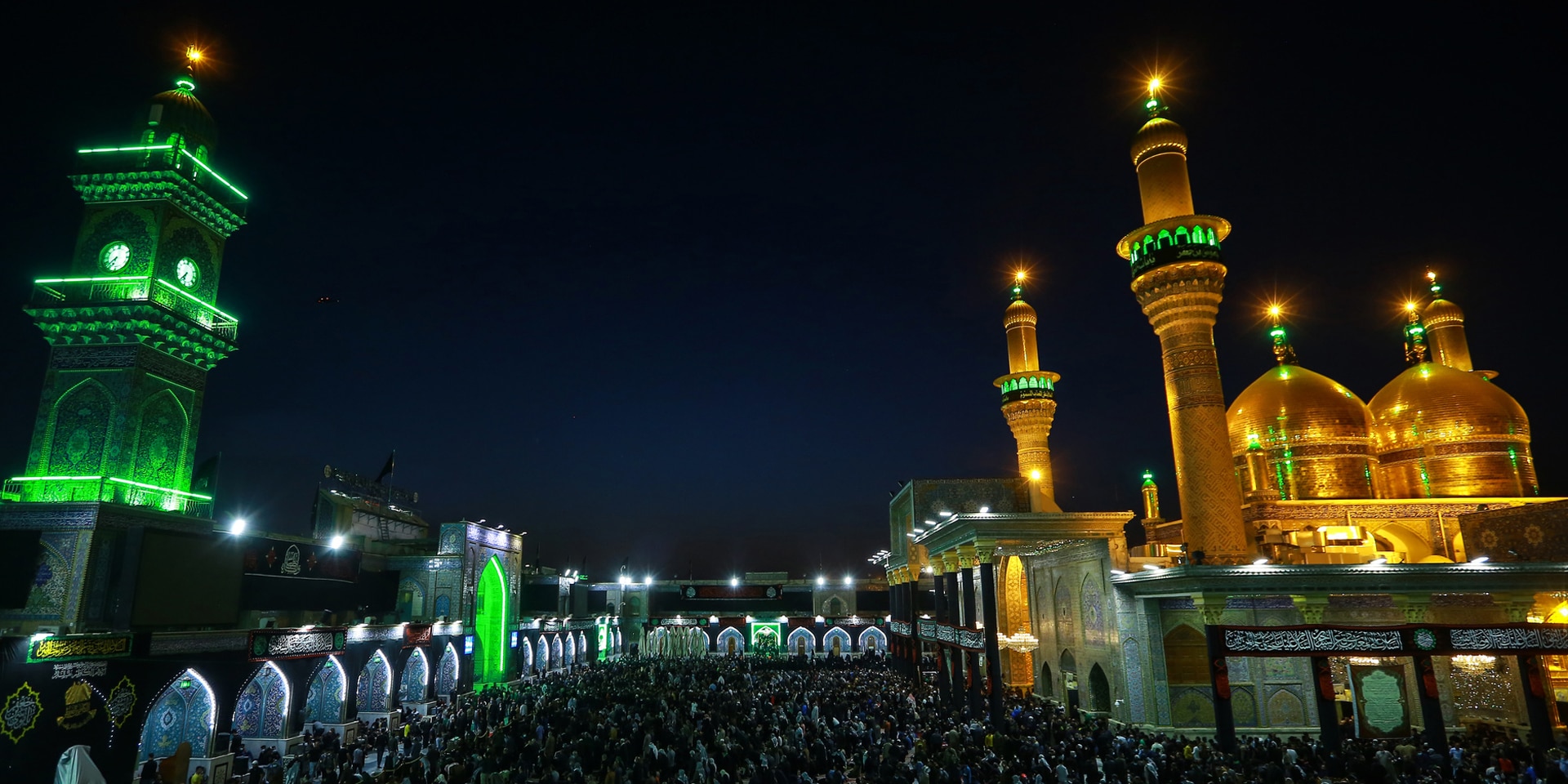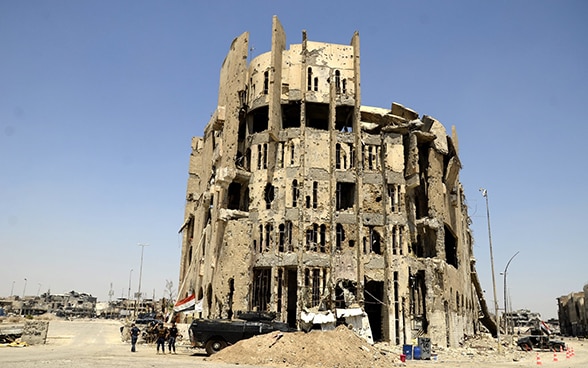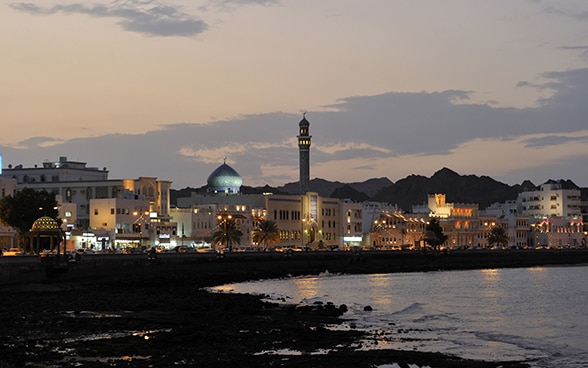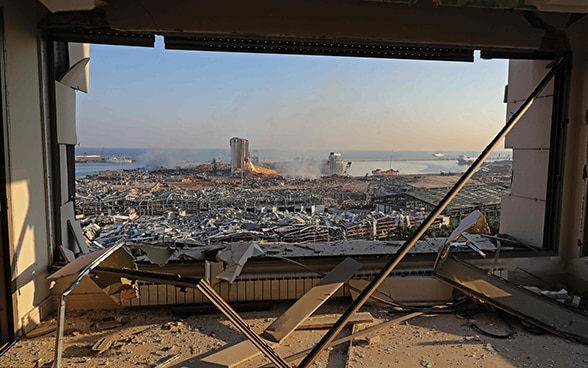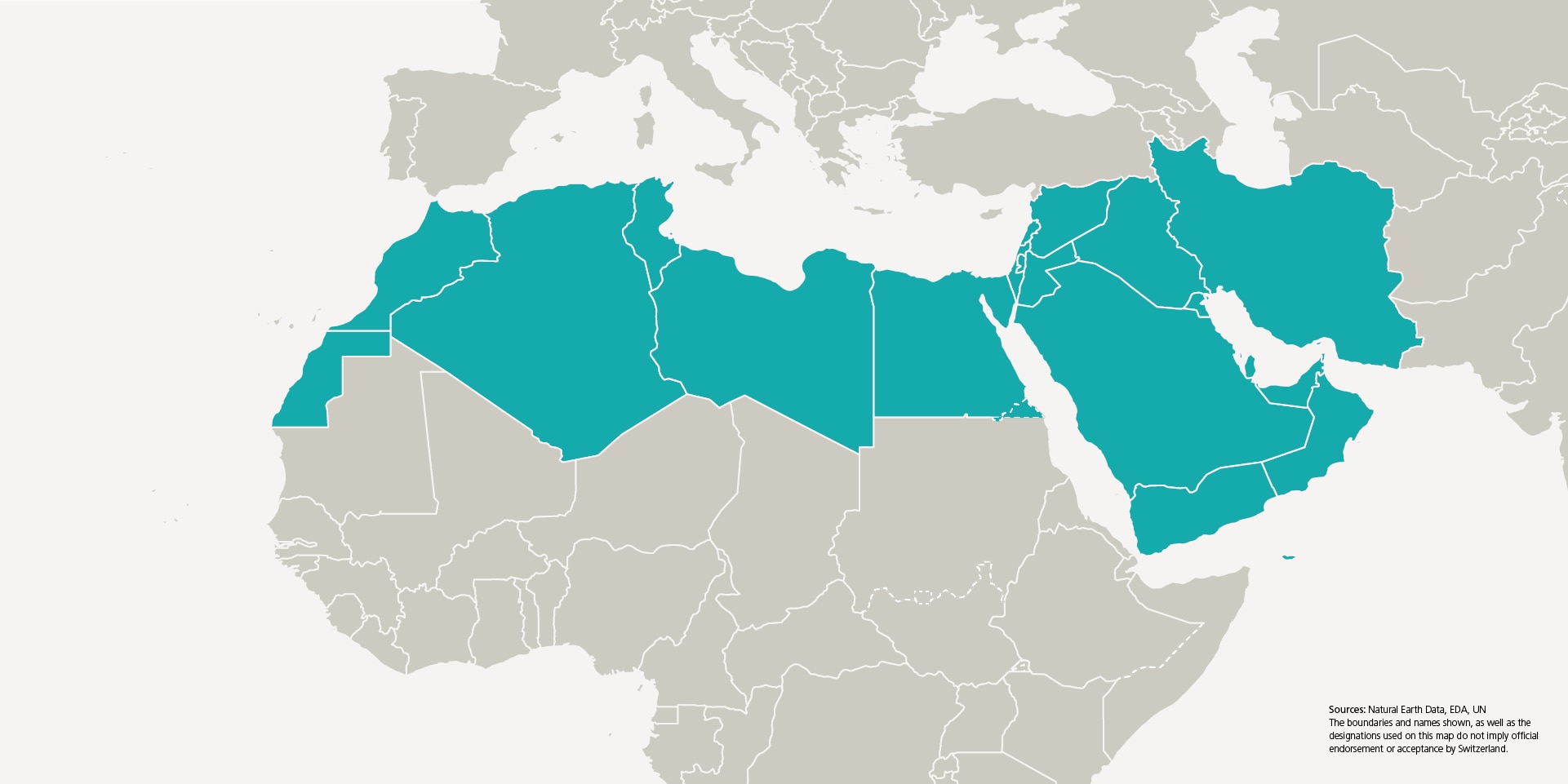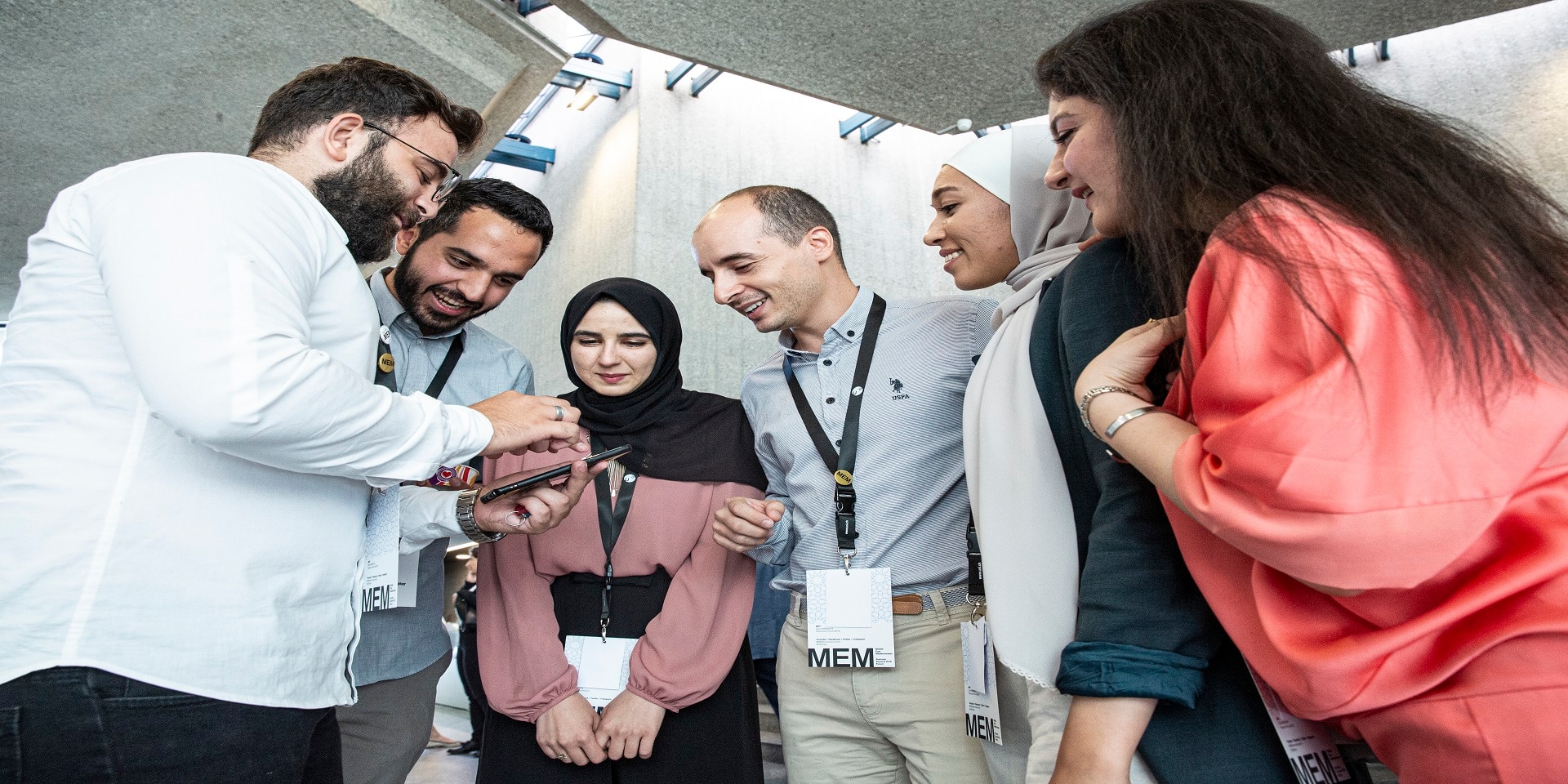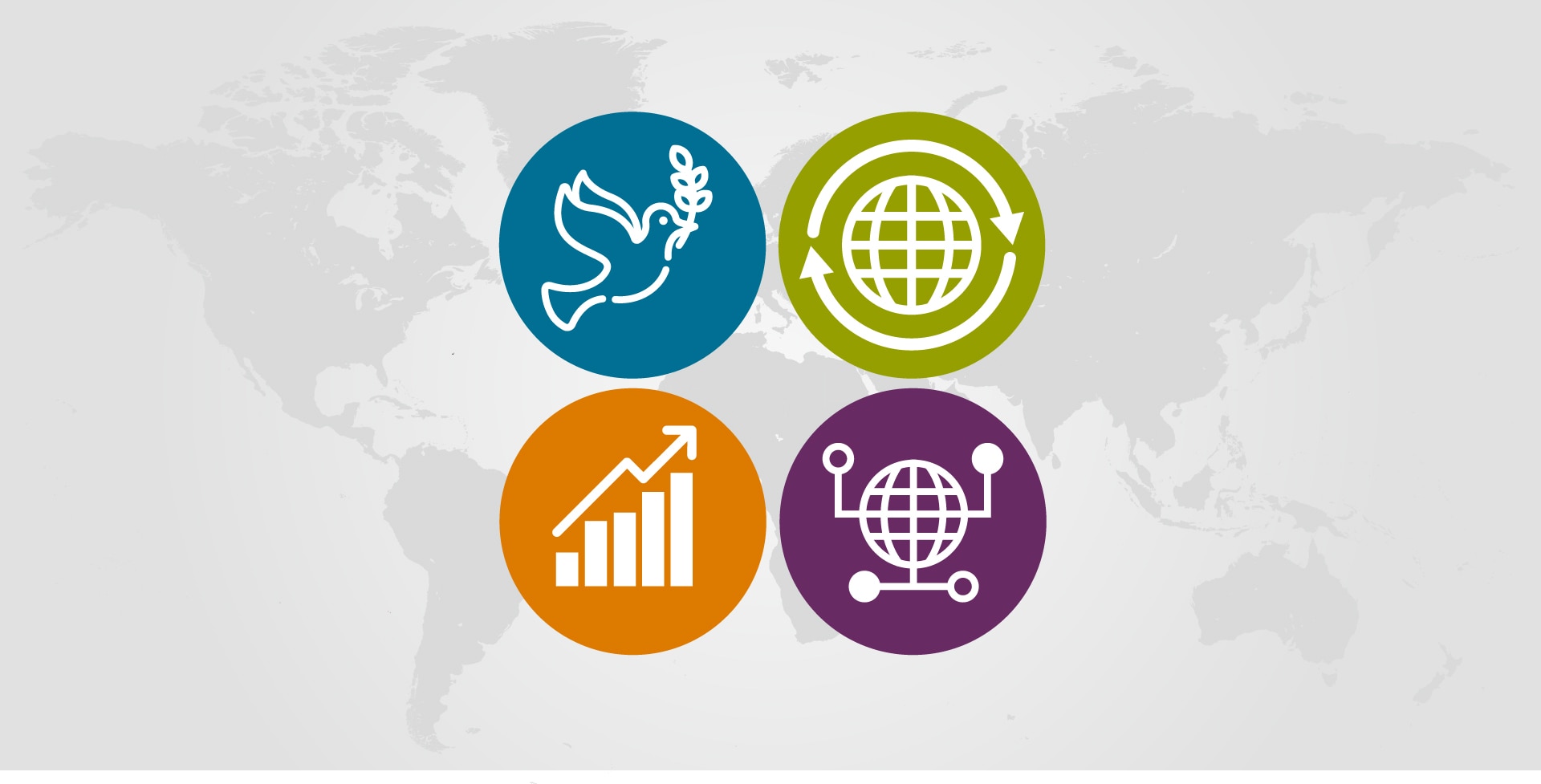3–4 April: Iraq

Ignazio Cassis will land in Baghdad on 3 April 2021, becoming the first Federal Councillor to set foot on Iraqi soil since Fritz Honegger's visit in 1979. Iraq has a turbulent past, heavily shaped by three wars taking place between 1980 and 2003, the emergence of the 'Islamic State' terrorist movement after 2013 and tensions between various ethnic groups. Since the defeat of the 'Islamic State' group in 2018, security and stability have been a priority for the country. The new government, which took office in May 2020, is making efforts to stabilise the country's economy, prevent the resurgence of extremist groups and build trust, particularly among young people. The stage is set for reconstruction, which presents Switzerland with an opportunity to strengthen its bilateral relations with Iraq. In line with the priorities of the MENA Strategy, in his talks with Iraqi Minister of Foreign Affairs Fuad Hussein, Mr Cassis will discuss closer cooperation in the following areas:
· Migration and humanitarian aid
· Peace and security
· Economic affairs
In signing a memorandum of understanding on bilateral political consultations, both foreign ministers will signal their intention to strengthen the bond between Switzerland and Iraq.
On 4 April 2021, Mr Cassis will then meet a number of ambitious start-ups as part of his visit. The focus of discussions will be on innovation and prospects for young people in the still fragile country. The young entrepreneurs behind the Iraqi start-up scene offer everyday online services such as food deliveries, medication courier services or arranging childcare. Most have a background in technology and are helping to diversify the economy by opening up new sectors other than oil production that are of interest to investors.

